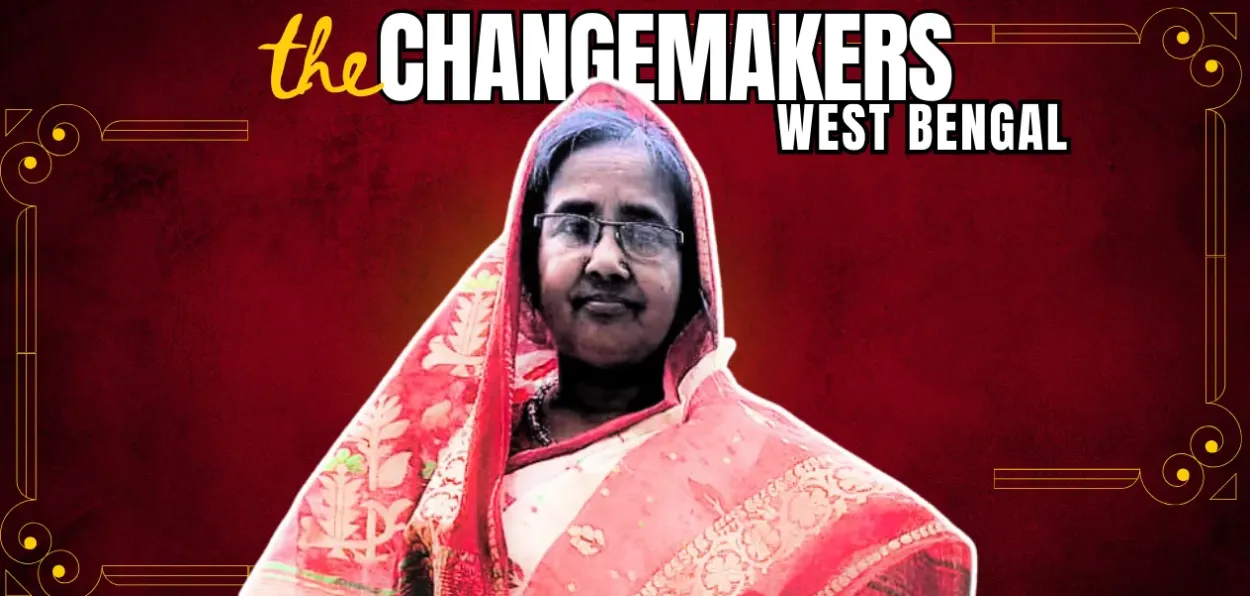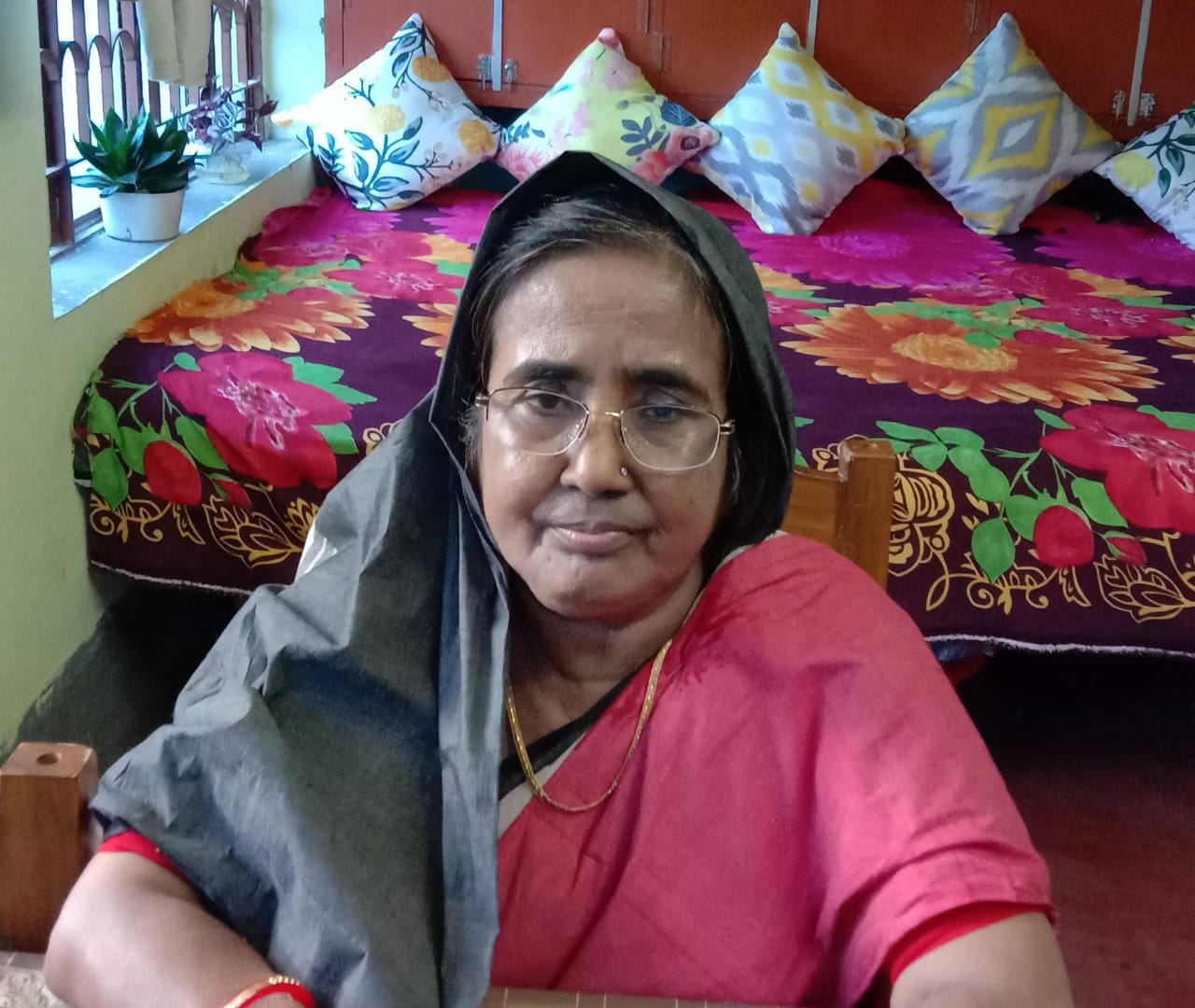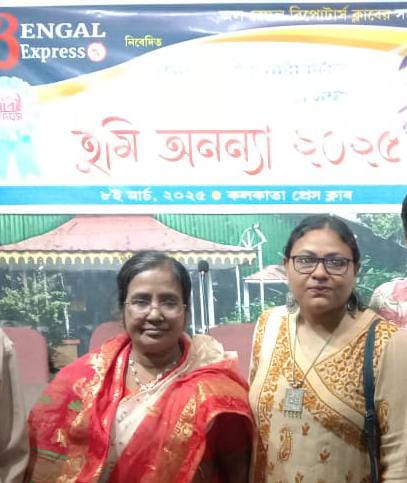
Debkishore Chakraborty/Kolkata
Imran Nahar has picked up a mission to revive Bengali fairy tales and document proverbs that could have vanished from the oral and literary history.
Once upon a time, people lived in large joint families that were spread over 12 households and 13 courtyards. Life for children there was so exciting and happening.
Grandmothers and aunts would call the grandchildren around and narrate fairy tales. However, from the 1980s, the joint family system began to break down, and the tradition of storytelling disappeared.
Due to the rapid urbanisation and lack of interest in literature and oral traditions, thousands of traditional Bengali proverbs were lost.
A small part of this vast treasure of Bengali proverbs had found a place in grammar books, but most were passed down orally.
.jpeg)
Imran Nahar
Poet and collector Imran Nahar has painstakingly done great service to the Bengali language by retrieving more than 3,000 nearly extinct proverbs and documenting over 500 fairy tales to restore the oral storytelling tradition.
Though born in a Muslim family, she grew up in a culturally rich environment in Ranagadh village of Pandua block, Hooghly district, about 45 kilometers from Kolkata.
As a child, Imran was fond of writing. Speaking to Awaz-The Voice, she recalled, “My aunt Hamida Unnesa had received a scholarship a hundred years ago. She got it from the British government. As a child, I used to listen to fairy tales from her. She narrated the lives of one lakh twenty-four thousand prophets orally.”
Imran Nahar’s mother, Anwara Khatun, was a homemaker and yet passionate about literature and culture. She influenced her daughter. She says her mother and aunt inspired her to document oral stories and proverbs.
The fairy tales she has collected are being published serially in different portals and newspapers.
She has published two poetry collections on women’s rights. She believes in the social and economic independence of women.
A homemaker from a prosperous Muslim farming family, Imran says, “The ancient Bengali fairy tales were never only about entertainment. They carried layered messages of reform for women’s thoughts and awareness.”
She has carefully gathered and preserved those words. And rural Bengali proverbs are like a treasure trove. The village elders used to repeat them often. She is trying to publish her collection of 3,000 proverbs for future generations.
Her only daughter, Anwesha Nargis, has helped her ibn realising her dream. Imran’s collection includes proverbs from South Bengal, Rarh Bengal, and those used within the Bengali Muslim community.

Imran Nahar
She has also gathered Muslim wedding songs. Her work, done out of personal interest, is undoubtedly demanding and research-oriented. So far, she has not received any financial help from either the government or private entities.
Her first poetry book, Chander Chithi (The Moon’s Letter), was well received. The next collection, Ek Nodi Jol, Ek Akash Alo (One River Water, One Sky Light), won her many accolades. Her writings focus on women’s social rights.
Her works have already created a stir among women in the Muslim community. She has been invited to various women’s forums to share her experiences and inspire others. She says:“I don’t only think of myself or my family’s women. I constantly strive to spread education among women from all social strata and help them become self-reliant. By putting pens in women’s hands, I want to give them firm ground to stand on.”
She adds, “Today, women in our society are far more self-reliant and courageous. Even in our village, women’s lives have become smoother. Muslim girls are gaining the light of education and becoming self-dependent. I always try to stand by them, to encourage them to live with their independent identities. That gives me inspiration to do new things. As long as I live, I will fight for society and women’s development.”
Although she advocates women’s empowerment, she clarifies,“I am not a feminist, I am a humanist. But I believe women have their own world. I feel like quoting a few lines from the poem ‘Half the Sky’:
‘Set the imprisoned girl free from her chains; Instead of spatula and ladle, give her a pen in her hand.’”

Imran Nahar with her daughter
Imran Nahar is a silent protester. Paper and pen are her weapons of dissent. She keeps track of contemporary issues, but what troubles her most is the everyday suffering of marginal rural people.
In her native place in Belun Dhamasini village panchayat of Pandua block, flows the small Ghyagi River. Once, this river was the lifeline of an agriculture-based village. Today, it has dried up into a rope for tethering cattle. Fertile fields have turned barren.
These realities weigh on her. She laments, “The media pays no attention to the plight of marginal people. Farmers’ struggles in Punjab and Haryana spark protests in Delhi. But do you know the condition of farmers in remote areas of Gangetic West Bengal? Over the past decade and a half, their situation has worsened terribly.”
She says the farmers borrow money from private lenders and sink into debt. Interest alone ruins them. By falling into the trap of the hundred-day work scheme, many farmers have now become labourers themselves.”
ALSO READ: Baharul Islam, the North Star of social work in Greater Bengal
Imran is tirelessly working to stand by these farmers. In this, her life partner, Abdul Hannan, her constant companion, provides unwavering encouragement and support.
